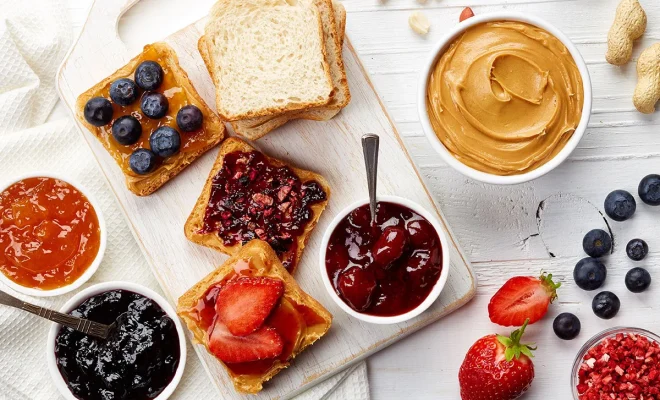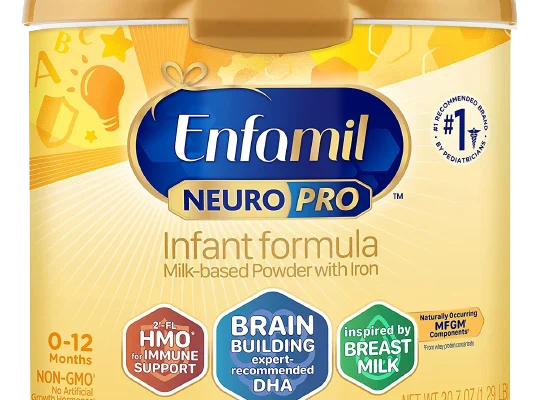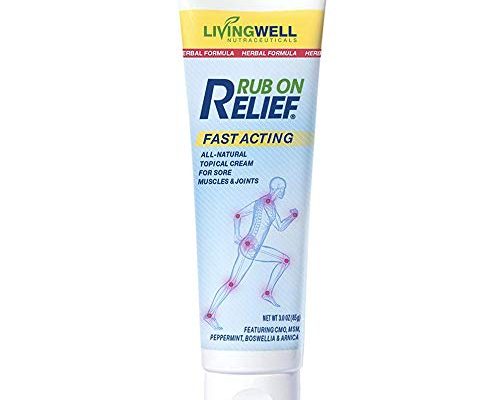The Best and Worst Foods for Acid Reflux

Acid reflux is a common digestive problem that causes a burning sensation in the chest and throat, known as heartburn. It occurs when stomach acid backs up into the esophagus, the tube that connects your mouth to your stomach. To prevent this uncomfortable condition, it’s important to be mindful of the foods we consume. In this article, we will explore the best and worst foods for acid reflux.
Best Foods for Acid Reflux
1. Oatmeal: Oatmeal is high in fiber, which aids digestion and reduces acid reflux symptoms. It also acts as a natural antacid, neutralizing stomach acids that cause heartburn.
2. Ginger: Ginger has anti-inflammatory properties that can help reduce irritation in the digestive system. Incorporating ginger into your diet or drinking ginger tea can offer relief from acid reflux symptoms.
3. Almonds: Eating a handful of almonds can help neutralize stomach acids and alleviate symptoms of acid reflux. They are rich in healthy fats and proteins that can keep you full without triggering heartburn.
4. Leafy Greens: Vegetables like kale, spinach, and lettuce are excellent choices for those suffering from acid reflux, as they are alkaline and help balance the acidity in your stomach.
5. Bananas: Bananas have a natural antacid effect on the body, making them an ideal snack for those with acid reflux. They’re also low in acidity compared to other fruits.
6. Lean Meats: Opt for lean meats like chicken, turkey, or fish instead of fatty cuts or processed meats that could exacerbate symptoms of acid reflux.
Worst Foods for Acid Reflux
1. Tomatoes: Tomatoes are high in acidity, which can irritate the esophagus and trigger heartburn symptoms.
2. Citrus Fruits: Like tomatoes, citrus fruits such as oranges, grapefruits, and lemons are high in acidity and can aggravate acid reflux symptoms.
3. Spicy Foods: Foods containing hot peppers, cayenne, or chilies can cause the stomach to produce more acid, exacerbating heartburn symptoms.
4. Garlic and Onions: Though these ingredients are known for their health benefits, they can contribute to acid reflux symptoms by relaxing the lower esophageal sphincter, allowing stomach acid to escape into the esophagus.
5. Chocolate: Unfortunately, chocolate is a trigger for many with acid reflux due to its ability to relax the lower esophageal sphincter.
6. Fatty or Fried Foods: High-fat foods can cause the stomach to produce more acid and slow down digestion, increasing the chance of heartburn.
7. Alcohol and Caffeine: Alcoholic drinks and caffeinated beverages can worsen acid reflux symptoms by irritating the esophagus and causing stomach acid production to increase.
Managing your diet is crucial when dealing with acid reflux. By choosing healthier options and avoiding triggers, you can prevent discomfort and lead a happier, more carefree life. Be sure to consult your doctor for personalized advice and guidance on managing your acid reflux symptoms.






